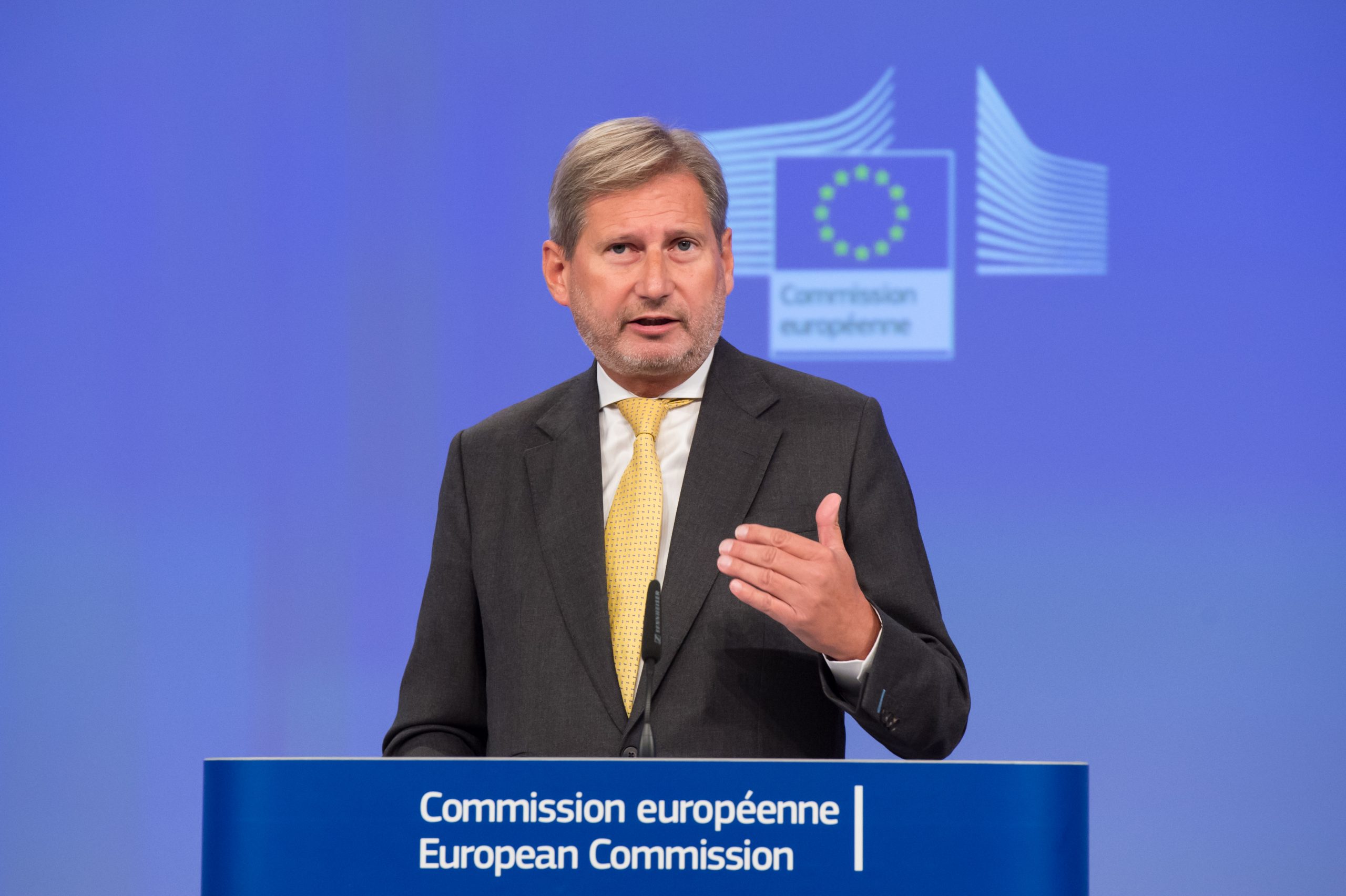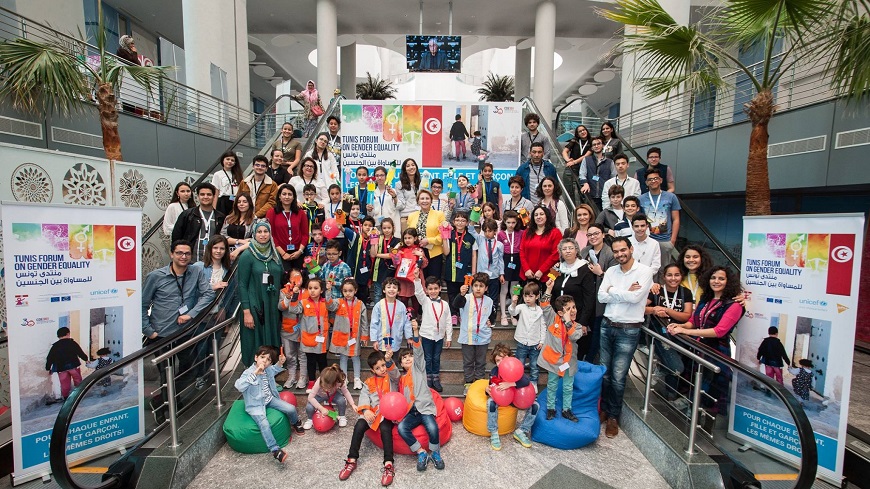Commissioner Hahn at Princeton University: EU wants smarter, tailor-made neighbourhood policy that focuses on real fundamentals

EU Commissioner for Neighbourhood Policy and Enlargement Negotiations Johannes Hahn gave a keynote speech on “Europe and the Crises in its Neighbourhood” at Princeton University this week. “The EU is the backbone of a solution to many of the generational challenges we face in Europe and its wider neighbourhood today,” he told the students and professors of the European Union Programme.
The Commissioner stressed that he wanted “a smarter, tailor-made neighbourhood policy that focuses on the real fundamentals where it can,” adding: “We are now zooming in on stabilisation in the true sense of the word, politically and economically.”
To illustrate the flexibility of the European Neighbourhood Policy, Hahn gave the example of Egypt: “I don’t have to explain the youth-bulge of these countries. One example should be sufficient: we have more than 7000 births per day in Egypt alone – that’s about 2.5 million new Egyptians a year… That’s why I am reorienting most of our assistance to Egypt to socio-economic levers, esp. jobs-generating sectors.”
He highlighted the EU’s openness and willingness to promote open commercial exchanges with its neighbours through Free Trade Agreements. “The next such agreements, esp. with Tunisia, are in the pipeline. With Jordan, we have focused our trade measures on regions and sectors with a high refugee-population.”
On tackling the crises in Europe’s neighbourhood, the Commissioner said: “We can only support reformers where they themselves choose that path, and must do so less mechanically, with less “megaphone diplomacy”. A test case for this policy, I won’t hide it, is Libya, which is currently the main thoroughfare on the Central Mediterranean migration route.”
On Syria, Commissioner Hahn reiterated the EU’s position: “Only a credible political solution, as defined in UNSCR 2254 and the 2012 Geneva Communiqué will ensure peace and stability in the country and at the same time enable a decisive defeat of Da’esh and other terrorist groups,” adding: “I will not hide my personal disappointment with the lack of speed of this political process. But in the end it’s the only game in town. I am not saying that clinical military strikes can’t be useful. They can. But they have no meaning without a broader political strategy.”
“My specific job, in turn, is to bolster the resilience of the people of Syria and of the host communities in neighbouring countries. We just passed an important milestone with the continuation with our multi-billion pledges at the Brussels Syria Conference two weeks ago,” he pointed out.
The Commissioner concluded his speech by saying: “Europe needs to shoulder more in its immediate neighbourhood rather than waiting until Washington bails us out. We need to get our own act together. And we can. That’s partly a matter of resources; but first and foremost a matter of collective political will. We are already doing it in most of the Balkans, as a crisis-manager and -solver. We should do it elsewhere too.”
Read more



























 Syria
Syria 



